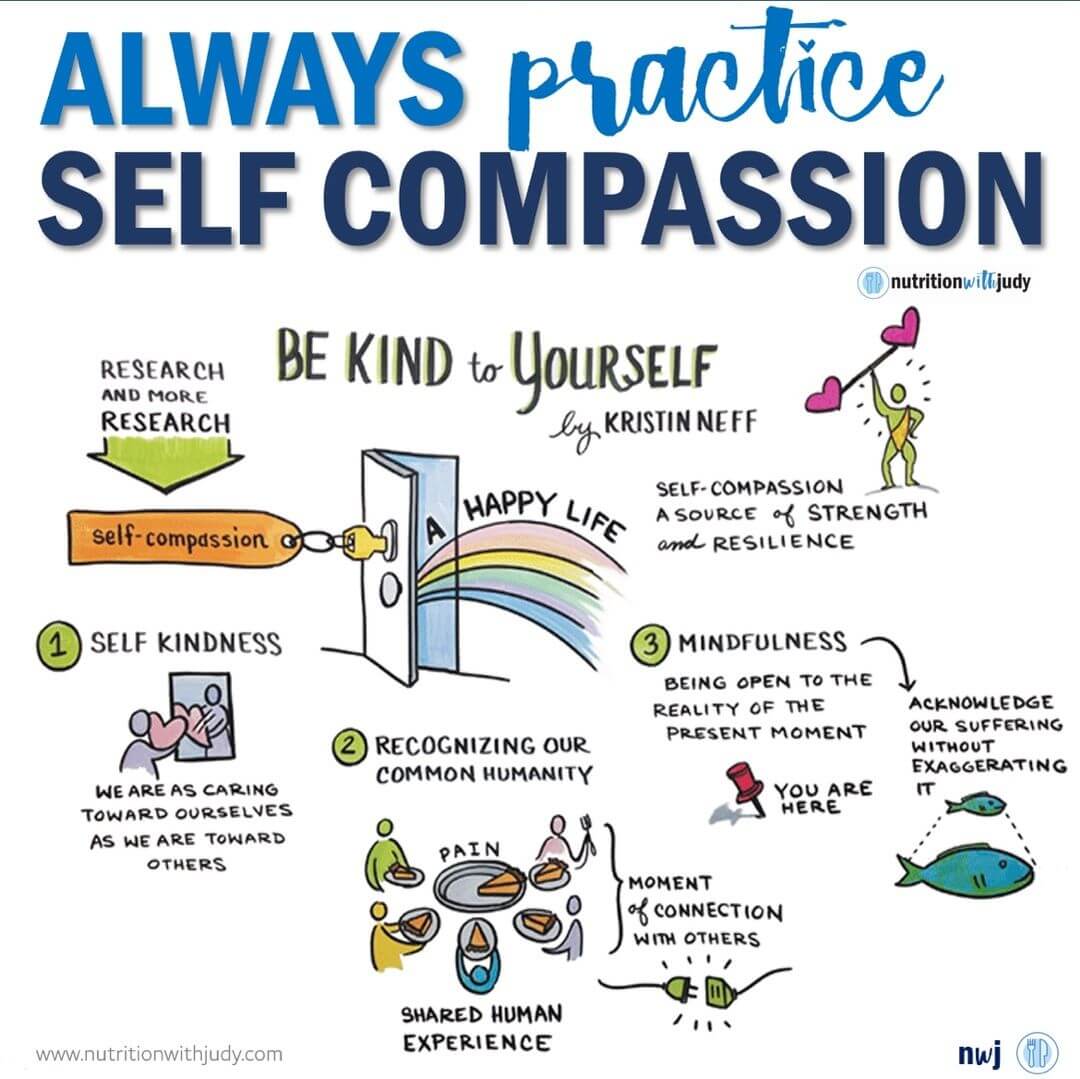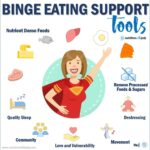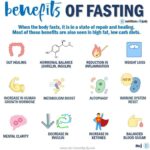

Microblog: Always Practice Self Compassion


Some say “ride the [binge] wave”. Binges and urges come in waves. It’s true but sometimes it will continue for days. I think this is when our bodies are really undernourished. Try to preoccupy yourself with other activities.⠀
🧘🏻♀️Practice self-compassion. ⠀
If you have a binge after being “clean” for so long, have compassion. The journey to recovery isn’t a perfect path. It’s ugly and messy but it’s our own journey. Embrace it.⠀
♥️Give yourself love and compassion for all the days you were binge-free. Don’t focus on the day you “messed” up. There’s no point in doing that. It’s demotivating and can be self-sabotaging.⠀
✌🏼Try to move on. Don’t make it a big deal. Don’t overcompensate. Move on. One step forward. That’s what matters.⠀
🍽Fasting. ⠀
I am a fan of fasting but I also like to provide full disclosure. There are some studies that show that fasting can increase the risk of binge eating and bulimia. Being aware of this, I never fasted the first year of being Keto. Some may be ready to fast but know yourself and be wary of your triggers.⠀
™️Labeling and Identification⠀
Don’t label yourself. This can be applied to anything. You are more than an eating disorder. Sometimes when we identify with an illness, we sometimes fall victim to it. We identify too much with the illness and lose our own identity.⠀
👨👩👧👦Epigenetics. ⠀
If your parent or family member suffered from an eating disorder, there is a likelier chance of you struggling with one. That does not mean, this is the end-all story. Our DNA may have us wired to be susceptible to certain illnesses but our lifestyle is one of the strongest predictors of health.⠀
🥩This is where nutrient-dense foods can really help with illness. You really are what you eat.



